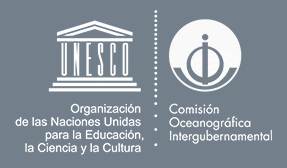Displaying 893 results.
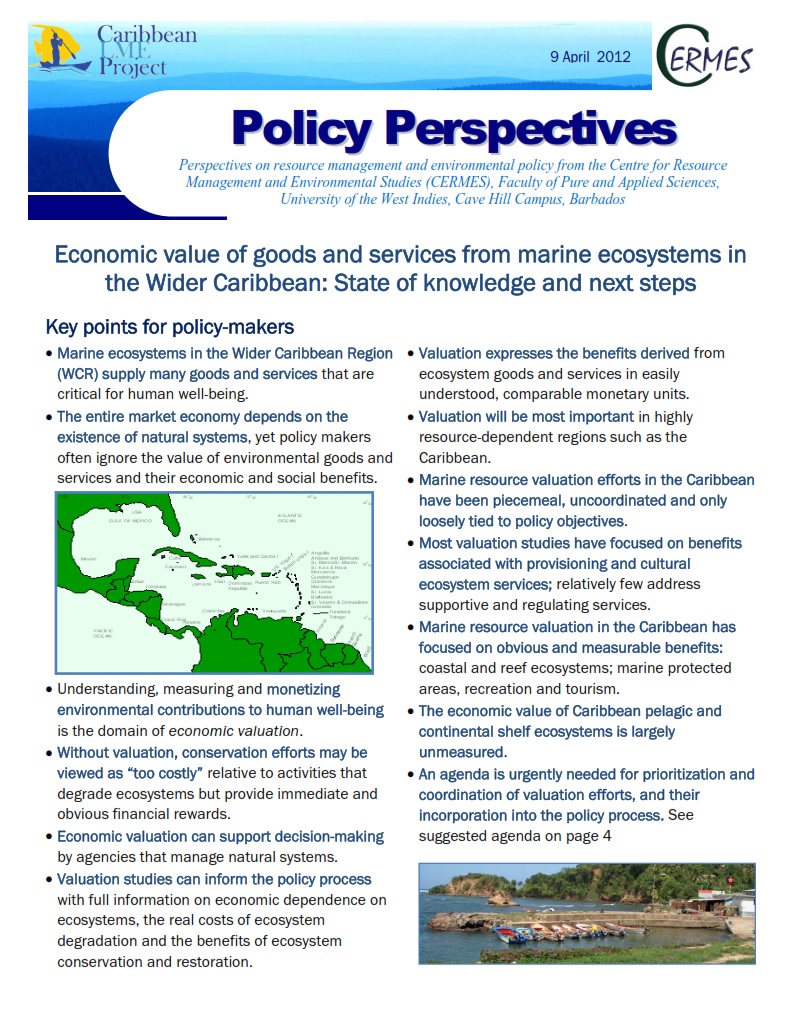
Economic value of goods and services from marine ecosystems in the Wider Caribbean: State of knowledge and next steps
This document offers perspectives on resource management and environmental policy from The Centre for Resource Management and Environmental Studies (CERMES) by sharing some of the lessons learnt from ongoing research. The information in these policy briefs is for use by policy-makers and their advisers to strengthen the linkages between research outputs and policy-making in the Caribbean.
Author: CERMES
Year: 2012
Keywords:
 7
7


 Report issue
Report issue
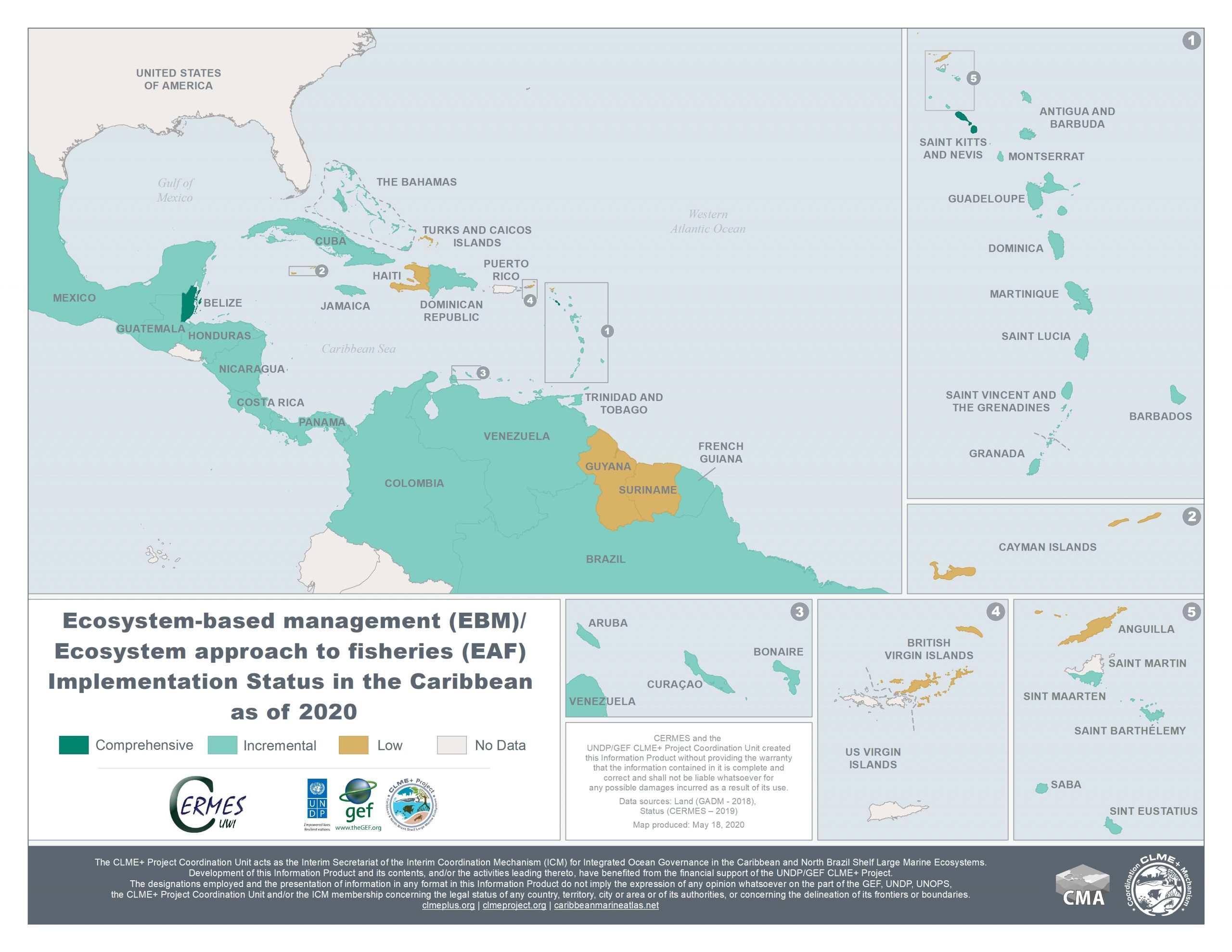
Ecosystem based management (EBM)/ Ecosystem approach to fisheries (EAF) Implementation Status in the Caribbean as of 2020
Author: CLME+ PCU
Year: 2020
Keywords: Ecosystem based management (EBM)/ Ecosystem approach to fisheries (EAF) Implementation Status in the Caribbean as of 2020
 4
4


 Report issue
Report issue
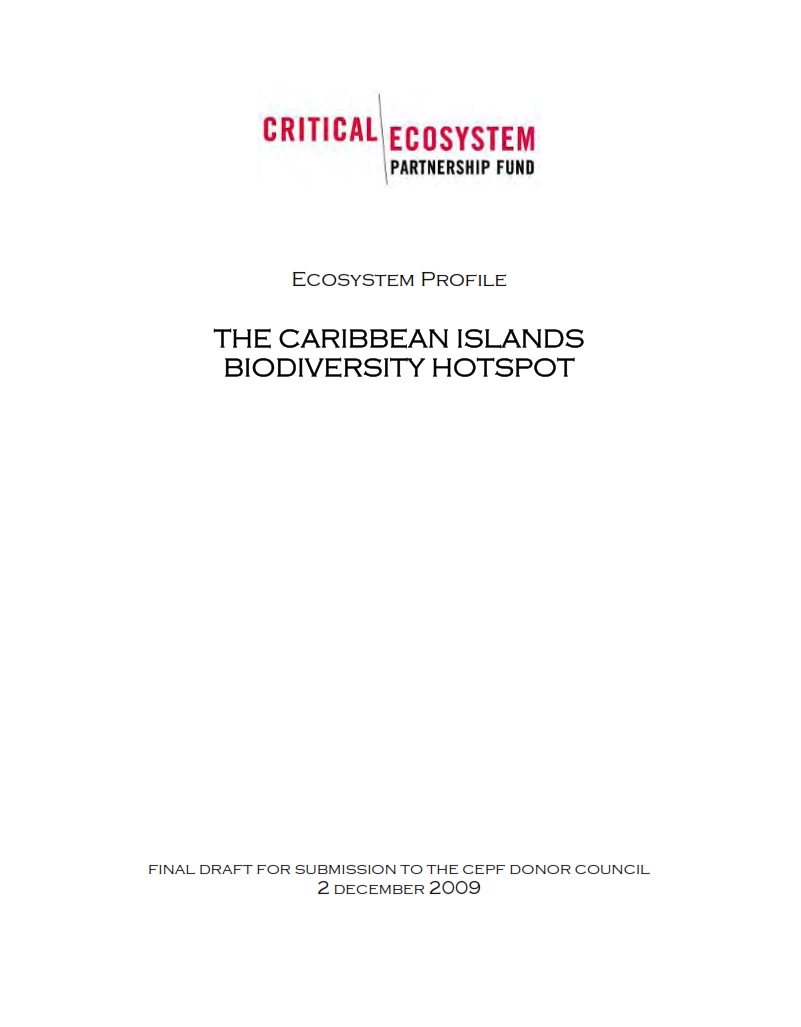
Ecosystem Profile – the Caribbean Islands Biodiversity Hotspots
The ecosystem profile presents an overview of the hotspot in terms of its biological importance, climate change impacts, major threats to and root causes of biodiversity loss, socioeconomic context and current conservation investments. It provides a suite of measurable conservation outcomes, identifies funding gaps and opportunities for investment, and thus identifies the niche where Critical Ecosystem Partnership Fund (CEPF) investment can provide the greatest incremental value. It also contains a five-year investment strategy for CEPF in the region. This investment strategy comprises a series of strategic funding opportunities, termed strategic directions, broken down into a number of investment priorities outlining the types of activities that will be eligible for CEPF funding. The ecosystem profile does not include specific project concepts, as civil society groups will develop these as part of their applications for CEPF grant funding.
Author: Critical Ecosystem Partnership Fund
Year: 2009
Keywords:
 5
5


 Report issue
Report issue
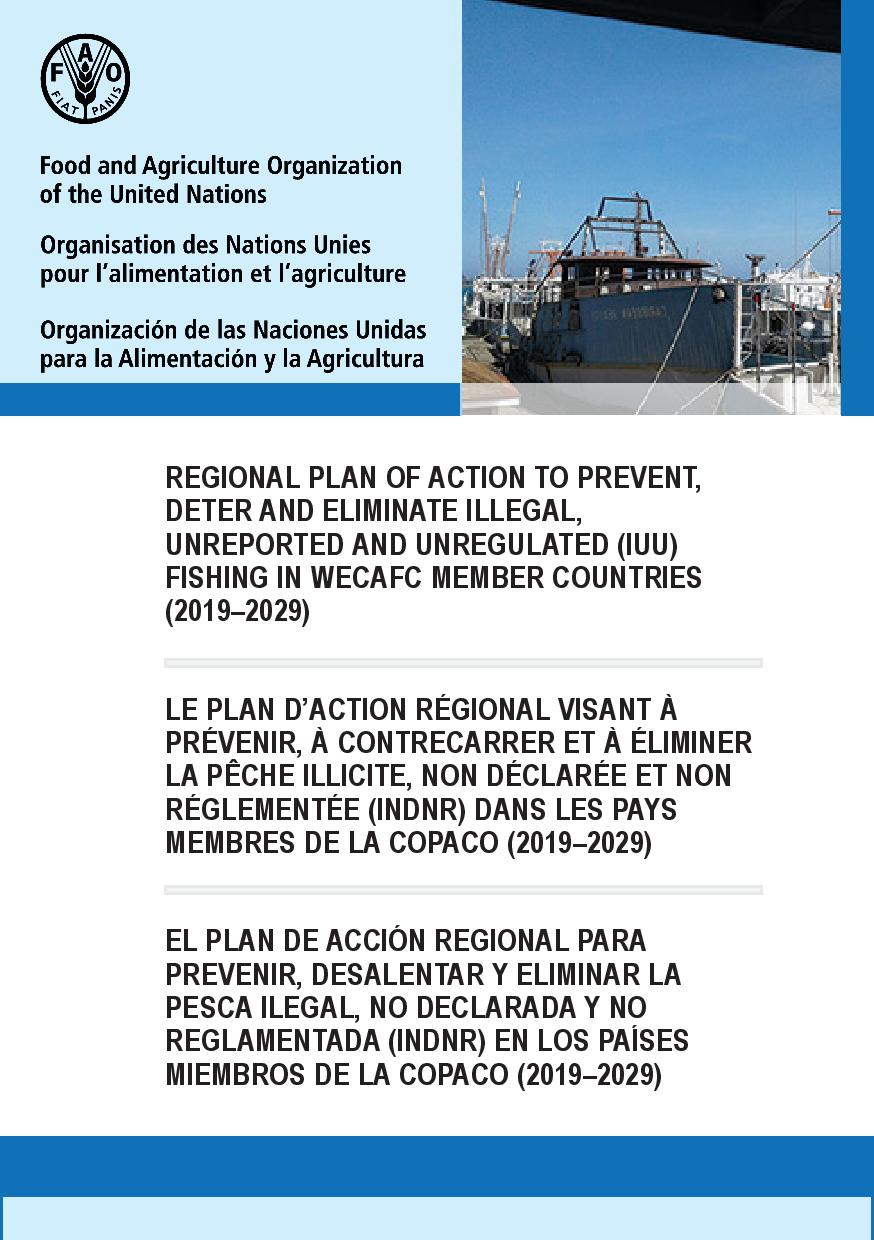
El Plan de acción regional para prevenir, desalentar y eliminar la pesca ilegal, no declarada y no reglamentada (INDNR) en los países miembros de la COPACO (2019-2029)
Este Plan de acción regional para prevenir, desalentar y eliminar la pesca ilegal, no declarada y no reglamentada (INDNR) (PAR-INDNR) reconoce los efectos negativos de la pesca INDNR en el medio marino, el desarrollo económico y el bienestar social de las comunidades costeras en el área de competencia de la Comisión de Pesca para el Atlántico Centro-Occidental (COPACO). El objetivo del PAR-INDNR es prevenir, desalentar y eliminar la pesca INDNR en esta área mediante una cooperación regional efectiva entre sus 34 Estados miembros y otras organizaciones subregionales. El Plan también contribuye al objetivo general de la Comisión de promover la efectiva conservación, gestión y desarrollo de los recursos marinos vivos en el área de la COPACO, de conformidad con el Código de conducta para la pesca responsable, de la FAO, y abordar problemas comunes de gestión y desarrollo de la pesca que afrontan los miembros de la Comisión.
Author: FAO
Year: 2020
Keywords: IUU Grupo de Trabajo
 5
5


 Report issue
Report issue
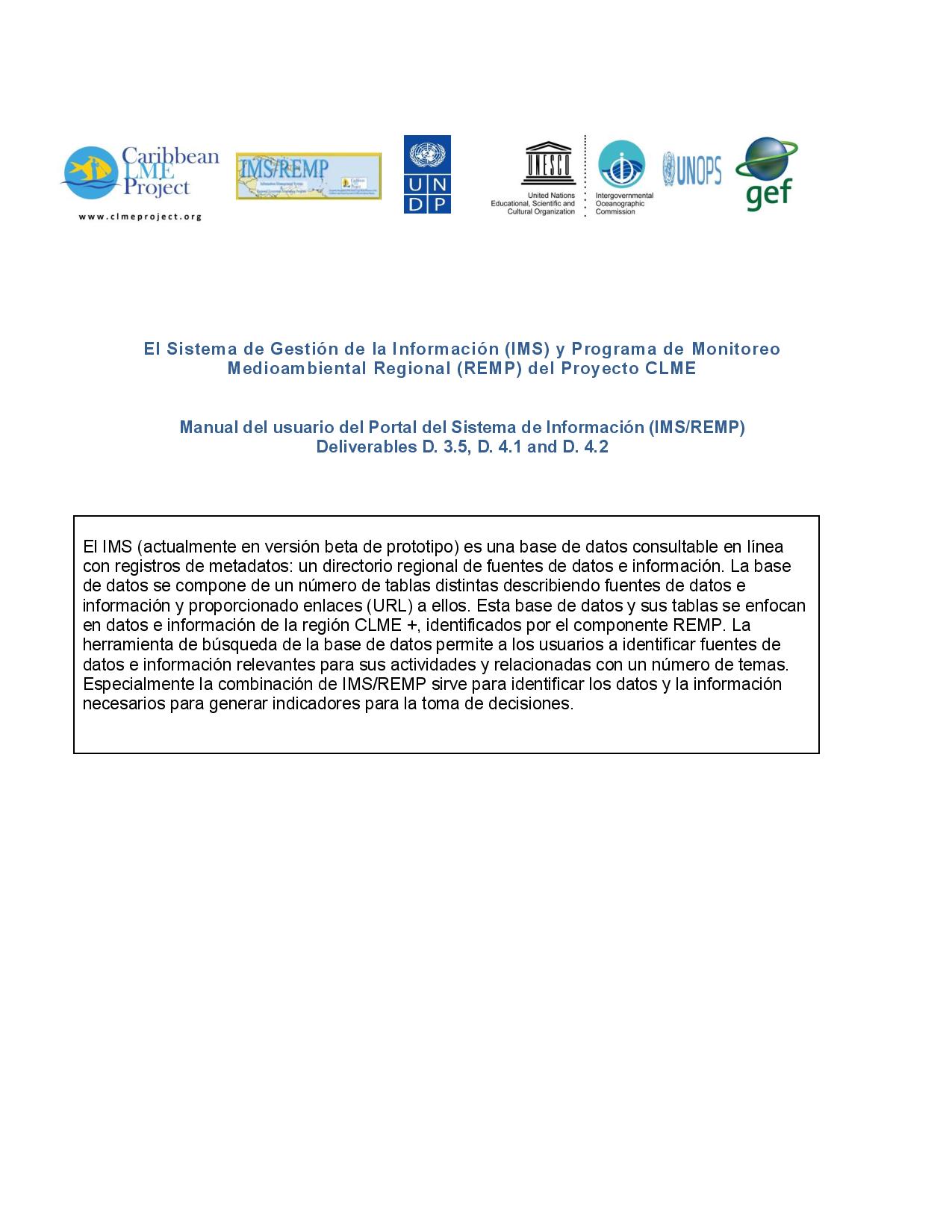
El Sistema de Gestión de la Información (IMS) y Programa de Monitoreo Medioambiental Regional (REMP) del Proyecto CLME Manual del usuario del Portal del Sistema de Información (IMS/REMP) Deliverables D. 3.5, D. 4.1 and D.4.2
El IMS (actualmente en versión beta de prototipo) es una base de datos consultable en línea con registros de metadatos: un directorio regional de fuentes de datos e información. La base de datos se compone de un número de tablas distintas describiendo fuentes de datos e información y proporcionado enlaces (URL) a ellos. Esta base de datos y sus tablas se enfocan en datos e información de la región CLME +, identificados por el componente REMP. La herramienta de búsqueda de la base de datos permite a los usuarios a identificar fuentes de datos e información relevantes para sus actividades y relacionadas con un número de temas. Especialmente la combinación de IMS/REMP sirve para identificar los datos y la información necesarios para generar indicadores para la toma de decisiones.
Author: GCFI
Year:
Keywords: Sistema de Gestión de la Información (IMS) Manual del usuario del Portal del Sistema de Información (IMS/REMP)
 4
4


 Report issue
Report issue

Eleventh session of the IOC Sub-Commission for the Caribbean and Adjacent Regions (IOCARIBE-XI), Miami, USA, 17-20 May 2011: executive summary report
The Eleventh Intergovernmental Session of the IOC Sub-Commission for the Caribbean and Adjacent Regions (SC-IOCARIBE-XI), was held in Miami, USA, May 17 – 20, 2011. The Session was attended by 30 participants from nine countries of the Caribbean Region and two regional organizations. The Session reviewed progress made during the Intersessional period 2009 – 2011.
Author: IOCARIBE-IOC
Year: 2011
Keywords:
 4
4


 Report issue
Report issue
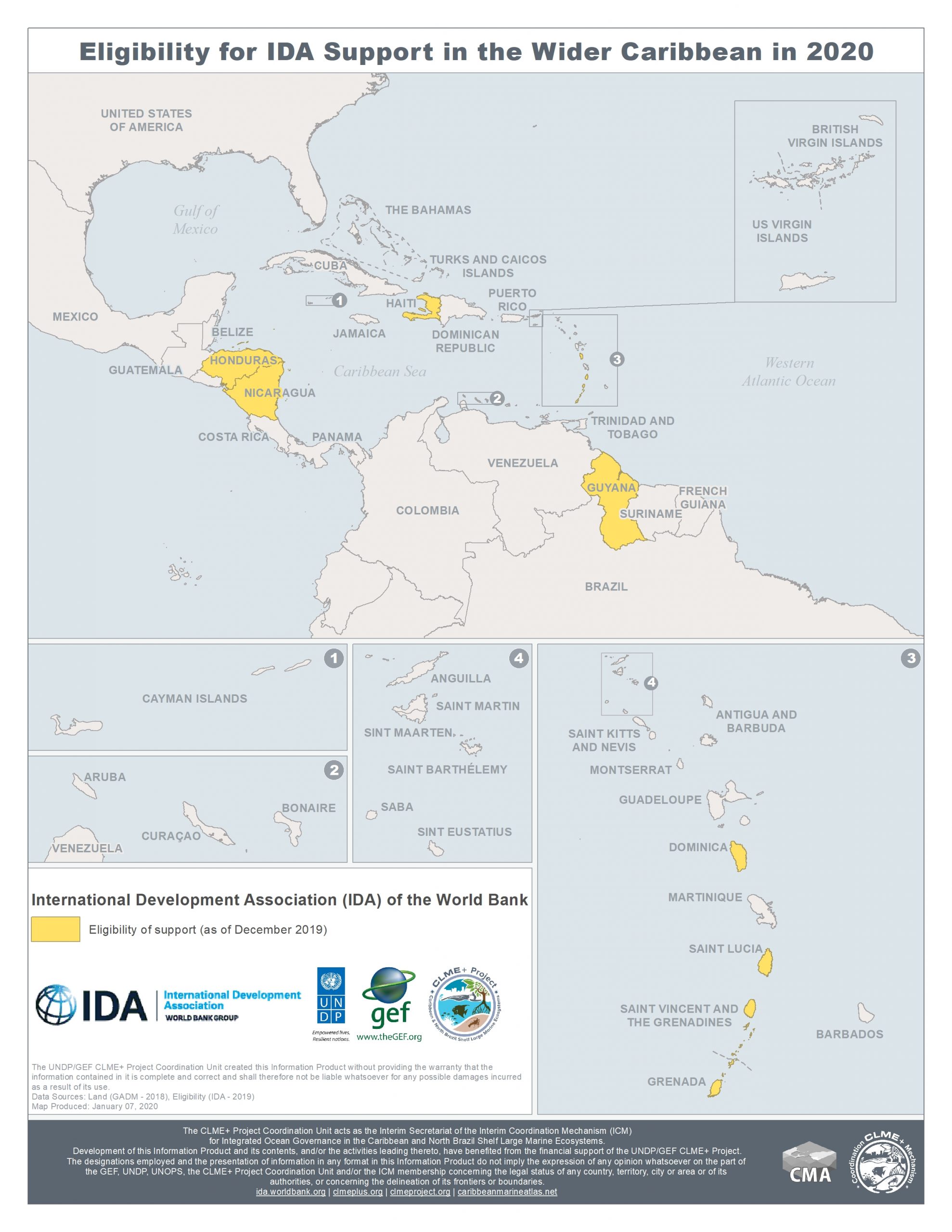
Eligibility for IDA Support in the Wider Caribbean in 2020
Author: CLME+ PCU
Year: 2020
Keywords: Eligibility for IDA Support in the Wider Caribbean in 2020
 5
5


 Report issue
Report issue

Empowering Caribbean civil society to build coastal resilience using nature-based solutions
The Empowering Caribbean civil society to build coastal resilience using nature-based solutions presentation highlights the benefits of nature-based solutions, the role of civil society in nature-based and community-based solutions, and best practices, opportunities and recommendations from nature based solutions in the Caribbean context.
This presentation was produced under the regional project ‘Powering Innovations in Civil Society and Enterprises for Sustainability in the Caribbean’ (PISCES) which is being funded by the European Union EuropeAid programme and implemented over a three-year period (2017 to 2020).
Author: CANARI
Year: 2020
Keywords:
 5
5


 Report issue
Report issue
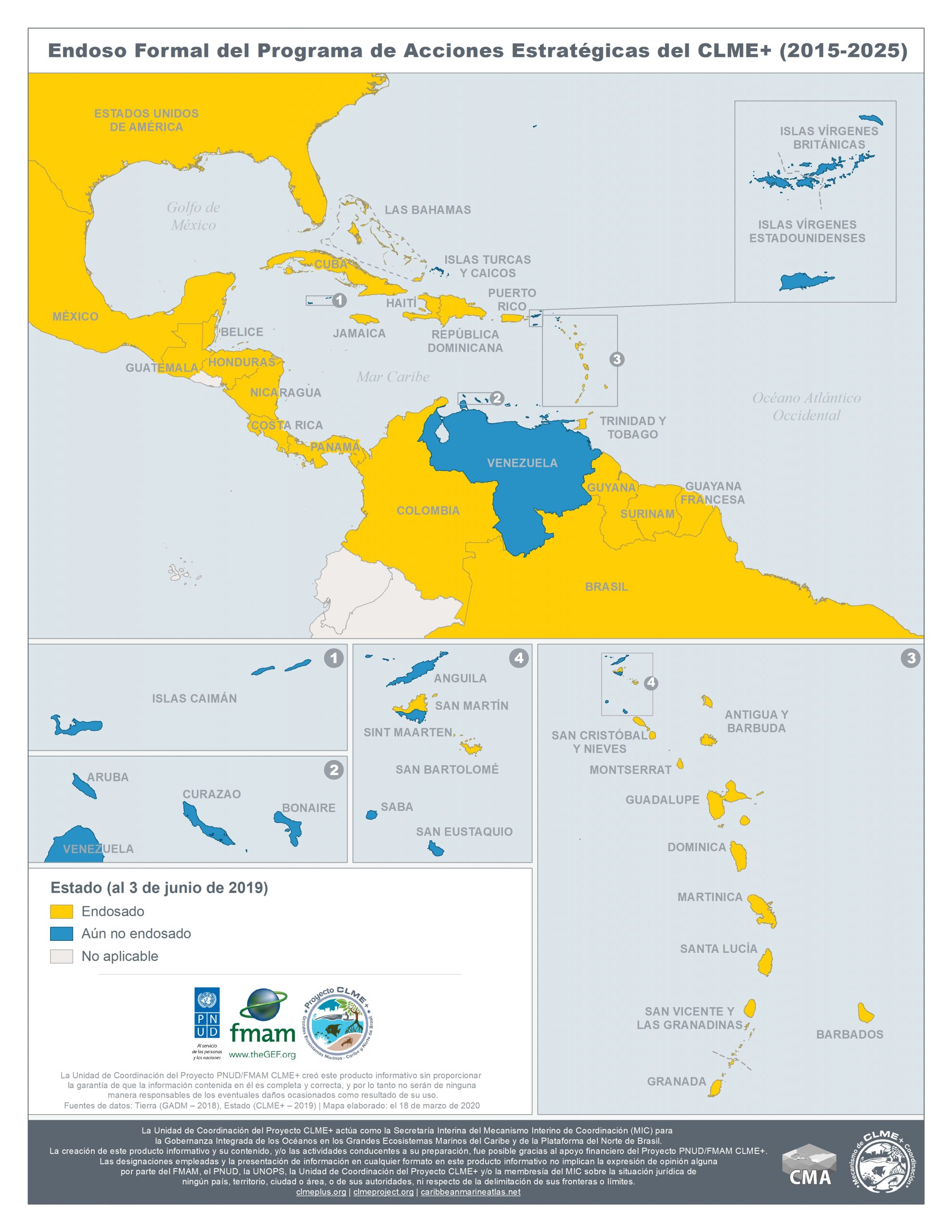
Endoso Formal del Programa de Acciones Estratégicas del CLME+ (2015-2025)
Author: CLME+ PCU
Year: 2020
Keywords: Endoso Formal del Programa de Acciones Estratégicas del CLME+ (2015-2025)
 4
4


 Report issue
Report issue
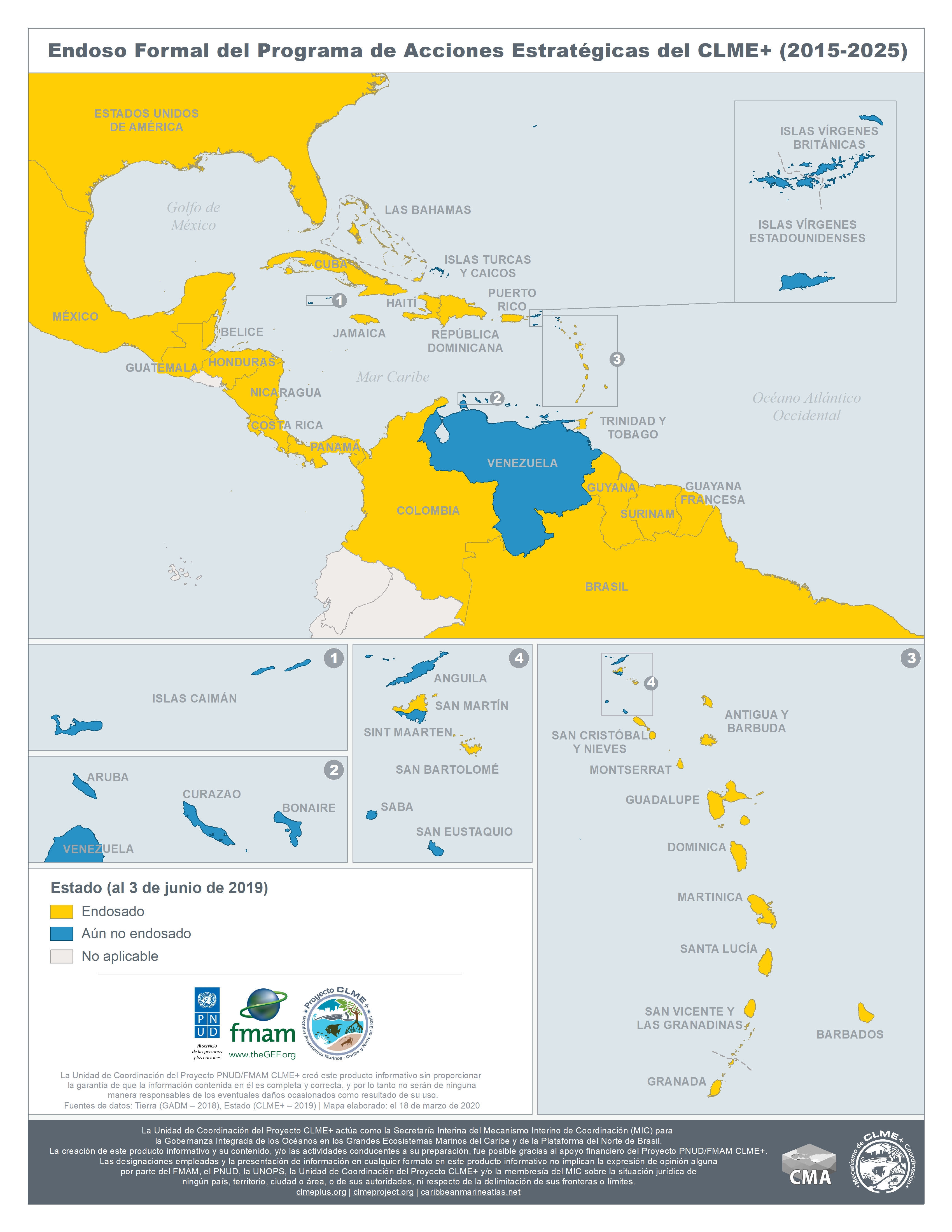
Endoso formal del Programa de Acciones Estratégicas del CLME+ (2015-2025)
Programa de Acciones Estratégicas (PAE) de 10 años para el manejo sostenible de recursos marinos vivos compartidos de los Grandes Ecosistemas Marinos del Caribe y de la Plataforma del Norte de Brasil (región CLME+). A fecha del 3 de junio del 2019, el PAE CLME+ había sido endosado políticamente por 35 Ministros representando 25 países y 6 territorios de ultramar: Antigua & Barbuda, Bahamas, Barbados, Belice, Brasil, Colombia, Costa Rica, Cuba, Dominica, Estados Unidos, Francia (con 6 territorios de ultramar de la región CLME+), Granada, Guatemala, Guyana, Haití, Honduras, Jamaica, México, Montserrat (territorios de ultramar del Reino Unido), Nicaragua, Panamá, República Dominica, San Cristóbal y Nievis, Santa Lucia, San Vicente y las Granadinas, Suriname, Trinidad y Tobago.
Author: CLME+ PCU
Year: 2019
Keywords:
 11
11
 2
2

 Report issue
Report issue










